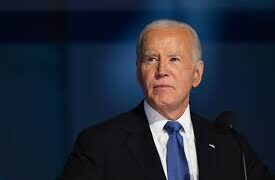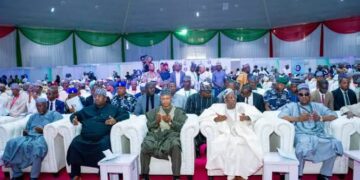Abdulkarim Suleiman Dambazau – Takai
Kano, a city in northern Nigeria, has been a center of trade and commerce for more than 120 decades. The bustling city, with a population of over 20 million people, is known for its textiles, leatherworks, and agriculture. Despite its strategic location and economic significance, the indigenous people of Kano have been largely left out of the buoyancy of its labor market, with most of the companies, banks, and other blue-chip organizations not hiring them.
To address this imbalance, a project called Kanonization Projection needs to be launched. The project aims to project the values of Kano people by taking stock of companies that employ Kano people and their corporate social responsibilities to the Kano community. The goal is to ensure that Kano people are judiciously hired and that companies with the highest indigenous workforce receive incentives from the state government.
The need for such a project cannot be overstated. It is essential to address the issue of indigenous people being left out of the labor market in a city where they are the majority. Companies, both local and foreign, that operate in Kano must be made aware of the need to employ local people. By doing so, they will not only be giving back to the community but will also be contributing to the economic growth of the state.
Read Also:
NCNE Set to Train Nomadic Youths on Employment Opportunities
The state government must take measures to ensure that companies are held accountable for their hiring practices. Auditing personnel records of companies must become a priority for the Ministry of Labor. Companies that have a low indigenous workforce must be called to account and asked to make changes to their hiring practices. On the other hand, companies that employ a significant number of indigenous people should be recognized and incentivized to continue doing so.
In conclusion, the Kanonization Projection project is a commendable initiative aimed at redressing the imbalance in the labor market in Kano. The state government must take proactive steps to ensure that Kano people are given fair employment opportunities and that companies are held accountable for their hiring practices. It is time for Kano to fully harness its human resources and ensure that the economic benefits of its trade and commerce are shared equitably among its citizens.
Abdulkarim Suleiman writes from Kano, Dambazau town of Takai LGA.























 You can install this WP plugin on your website from the WordPress official website:
You can install this WP plugin on your website from the WordPress official website: 